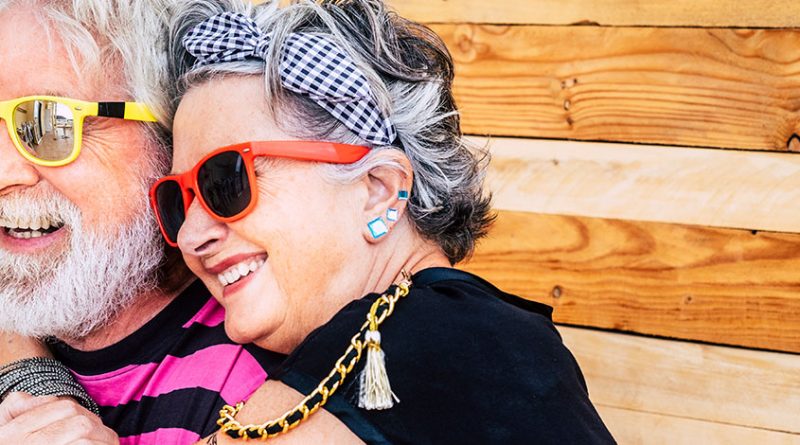Tattoos Later in Life
16% of those 55 years old and older have been tattooed
By Deborah Jeanne Sergeant
By Deborah Jeanne Sergeant
Maybe you didn’t get a tattoo earlier in life because of professional reasons. Now, about 30% of Americans have at least one tattoo, up from 21% in 2012, according to a 2019 Ipsos poll. Currently, 16% of those 55 years old and older have been tattooed.
Generations ago, tattoos were for military men, inmates and biker guys.
For the past 20 years, tattooing has made inroads into most other walks of life and people of many occupations. Even people working in professional environments such as medical, financial and legal can get tattooed without endangering their careers.
Since the social stigma surrounding tattooing has dissipated, you may feel freer to get inked to commemorate, celebrate or just enjoy art to wear. And even though you’re an older adult, there’s really no reason you can’t have a tattoo at any age. In some ways, it can be an ideal time.
Without the impetuosity of youth, you are more likely to select a design and location you will not regret. While tattoo removal is possible through lasers or, for smaller ones, surgery, it usually leaves a scar. Some people with regrettable tats, such as an ex’s name or a trend that fades, choose a “cover up” piece of artwork.
You also have the funds to choose a quality shop. Look for one with both a professional, hygienic atmosphere but also experienced artists who listen to their clients. Check their social media pages and sites such as Yelp to see how other patrons feel about their experiences.
As for the experience, the adage “age is just a number” seems to apply for most people receiving a tattoo.
“It varies individual to individual,” said John Joyce, tattoo artist at Scarab Body Art Studio in Syracuse. “For the average client 55 to 65, depending on their personal health history, there’s nothing to worry about compared with someone who’s younger.”
If you have been a sun worshipper for years or have skin conditions that make your skin more fragile, that may make the process a little more painful and, for the tattoo artist, more challenging.
Medical conditions may also make a difference. Since tattooing is basically causing a wound by injecting ink under the first layer of skin, people who do not heal well will take longer to recover, such as insulin-dependent diabetics. The older people are, the longer it tends to take to heal, too.
“We ask about blood thinners or anything else that would affect healing, but that’s true of anyone in their 20s and 30s,” Joyce said. “If you’re much older you have to be careful with skin as people lose collagen. It becomes more of an experience with the artist. Look for someone who has experience with older skin.”
He recommends that anyone with medical conditions affecting their skin or the healing process should check with their doctor first if they feel concerned about getting a tattoo.
Less elasticity can make it a little tougher to perform detailed work. If you are considering a tattoo, that is yet another reason to seek a skilled and experienced artist to perform the work.

